"Drug lord prevented from becoming legitimate businessman"
One of the newly-elected deputy leaders of the opposition DS party has looked back at the priorities of the former government when it comes to security issues.
Monday, 26.11.2012.
15:43

BELGRADE One of the newly-elected deputy leaders of the opposition DS party has looked back at the priorities of the former government when it comes to security issues. In what the Belgrade-based tabloid Blic said was his "first interview since he was elected" to his party office, former head of the National Council for Security Milan Rakic said those priorities were "to complete cooperation with the Hague Tribunal, prevent legalization of businesses of drug cartels, and crack down on corruption." "Drug lord prevented from becoming legitimate businessman" "Anybody involved in the security sector knows that it is impossible to be successful in the fight against corruption without first suppressing the influence of organized crime. The government resources involved in the fight against organized crime and in completing cooperation with the Hague Tribunal in the second half of last year were redirected to fight corruption and a large number of operations that are being implemented at this time were started while the previous government was in office," said Rakic, who also served as chief of staff in the cabinet of former President Boris Tadic. Asked about the "wiretapping of President Tomislav Nikolic and First Deputy Prime Minister Aleksandar Vucic," he stated: "Vucic presented quite a lot of concrete evidence. This evidence needs to be checked and, according to the methodology that is applied in this process, it is possible to establish the truth of the matter quickly. First, it is necessary to give an answer to the question as to whether the activities undertaken were legal or the result of abuses. The answer to this question should be provided by the Prosecution Department and Internal Affairs in the police. If somebody abused their position and illegally obtained access to other persons' communications, that somebody has to be held to account. To make it clearer to your readers: wiretapping may include intercepting conversations held by mobile phone and over land lines, access to phone records, or analyzing movements by checking traffic between mobile telephony operators' towers." Considering that Vucic had said that he and Nikolic were being wiretapped since 2009 - also during the tenure of the previous government, Rakic said that "as far as he knew", there was "not a single decision by a competent government body making Vucic or Nikolic the target of operative work by the security services." Quoting Vucic's statement that a total of 111,436 phone records were pulled and 77,235 total telephony and internet communication checks carried out between 2006 and 2012 for the needs of the Security Information Agency (BIA), the newspaper asked the former state official about the identity of "all these people that you were keeping under surveillance". "Unlike other countries, Serbia was facing serious security challenges during the period in question: the completion of cooperation with the Hague Tribunal, the fight against organized crime, and Kosovo's unilaterally declared independence," responded Rakic, and added: "Also, there was a noticeable rise in the number of telephones during that period. Let me just say that people that were protecting Ratko Mladic and who had a good working knowledge of the methods of work of the security services were applying some serious counterintelligence protection that included buying used mobile phones in working order by the bagful! Therefore, any kind of statistical comparison between measures during that period in Serbia and in other countries does not take into account the reality of Serbia's problems. The objects of surveillance were persons that our security services and foreign services had identified as persons that were helping to hide war crimes indictees or persons involved in organized crime. All those who were helping to hide Radovan Karadzic, Ratko Mladic, and Goran Hadzic or who communicated with Darko Saric, Joca Amsterdam, Stanko 'Cane' Subotic, and others whom the competent bodies had identified as being involved in criminal activities were objects of operative surveillance by the security services, including communication control." According to Blic, Boris Tadic's last term of office as president was characterized by a crackdown on organized crime, most particularly on the drug cartel of Darko Saric. Rakic was quoted as saying that "Serbia had the misfortune that some of our people became major drug traffickers on the European and even global scale." "They were not selling any large quantities of drugs in Serbia, because ours is a small market. However, they had begun investing the proceeds from drug trafficking, which came to hundreds of millions of euros, in Serbia. They were buying agricultural estates, hotels, restaurants, and other things in order to launder their money. Also, there was a perceptible tendency to invest money in businesses that do not yield a direct profit, such as media and press distribution. The purpose of this investment was to represent themselves as legal and powerful businessmen - and this at a time when the world economic crisis had hit Serbia and when cash had become very, very expensive." "We could not have this and that is why we cracked down hard on organized crime, regardless of the risk involved. If we had allowed this kind of thing to go on, Saric would be a legitimate businessman in Serbia today and would perhaps have exerted an influence on forming a government and our country would have become a Colombia of the Balkans," Rakic concluded. Blic VIP
"Drug lord prevented from becoming legitimate businessman"
"Anybody involved in the security sector knows that it is impossible to be successful in the fight against corruption without first suppressing the influence of organized crime. The government resources involved in the fight against organized crime and in completing cooperation with the Hague Tribunal in the second half of last year were redirected to fight corruption and a large number of operations that are being implemented at this time were started while the previous government was in office," said Rakić, who also served as chief of staff in the cabinet of former President Boris Tadić.Asked about the "wiretapping of President Tomislav Nikolić and First Deputy Prime Minister Aleksandar Vučić," he stated:
"Vučić presented quite a lot of concrete evidence. This evidence needs to be checked and, according to the methodology that is applied in this process, it is possible to establish the truth of the matter quickly. First, it is necessary to give an answer to the question as to whether the activities undertaken were legal or the result of abuses. The answer to this question should be provided by the Prosecution Department and Internal Affairs in the police. If somebody abused their position and illegally obtained access to other persons' communications, that somebody has to be held to account. To make it clearer to your readers: wiretapping may include intercepting conversations held by mobile phone and over land lines, access to phone records, or analyzing movements by checking traffic between mobile telephony operators' towers."
Considering that Vučić had said that he and Nikolić were being wiretapped since 2009 - also during the tenure of the previous government, Rakić said that "as far as he knew", there was "not a single decision by a competent government body making Vučić or Nikolić the target of operative work by the security services."
Quoting Vučić's statement that a total of 111,436 phone records were pulled and 77,235 total telephony and internet communication checks carried out between 2006 and 2012 for the needs of the Security Information Agency (BIA), the newspaper asked the former state official about the identity of "all these people that you were keeping under surveillance".
"Unlike other countries, Serbia was facing serious security challenges during the period in question: the completion of cooperation with the Hague Tribunal, the fight against organized crime, and Kosovo's unilaterally declared independence," responded Rakić, and added:
"Also, there was a noticeable rise in the number of telephones during that period. Let me just say that people that were protecting Ratko Mladić and who had a good working knowledge of the methods of work of the security services were applying some serious counterintelligence protection that included buying used mobile phones in working order by the bagful! Therefore, any kind of statistical comparison between measures during that period in Serbia and in other countries does not take into account the reality of Serbia's problems. The objects of surveillance were persons that our security services and foreign services had identified as persons that were helping to hide war crimes indictees or persons involved in organized crime. All those who were helping to hide Radovan Karadzic, Ratko Mladić, and Goran Hadžić or who communicated with Darko Šarić, Joca Amsterdam, Stanko 'Cane' Subotić, and others whom the competent bodies had identified as being involved in criminal activities were objects of operative surveillance by the security services, including communication control."
According to Blic, Boris Tadić's last term of office as president was characterized by a crackdown on organized crime, most particularly on the drug cartel of Darko Šarić. Rakić was quoted as saying that "Serbia had the misfortune that some of our people became major drug traffickers on the European and even global scale."
"They were not selling any large quantities of drugs in Serbia, because ours is a small market. However, they had begun investing the proceeds from drug trafficking, which came to hundreds of millions of euros, in Serbia. They were buying agricultural estates, hotels, restaurants, and other things in order to launder their money. Also, there was a perceptible tendency to invest money in businesses that do not yield a direct profit, such as media and press distribution. The purpose of this investment was to represent themselves as legal and powerful businessmen - and this at a time when the world economic crisis had hit Serbia and when cash had become very, very expensive."
"We could not have this and that is why we cracked down hard on organized crime, regardless of the risk involved. If we had allowed this kind of thing to go on, Šarić would be a legitimate businessman in Serbia today and would perhaps have exerted an influence on forming a government and our country would have become a Colombia of the Balkans," Rakić concluded.










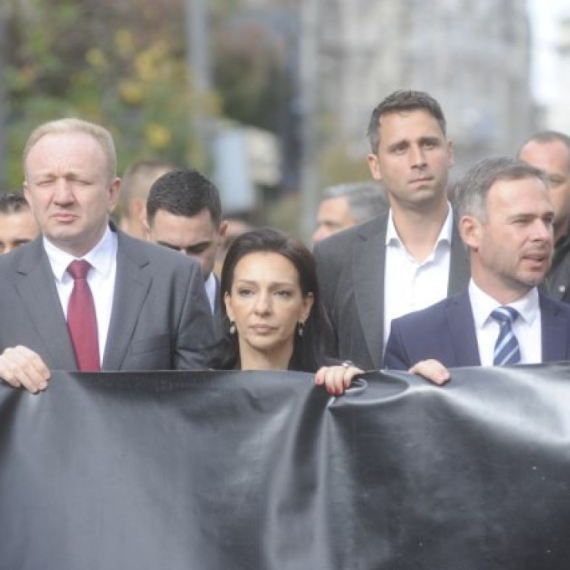


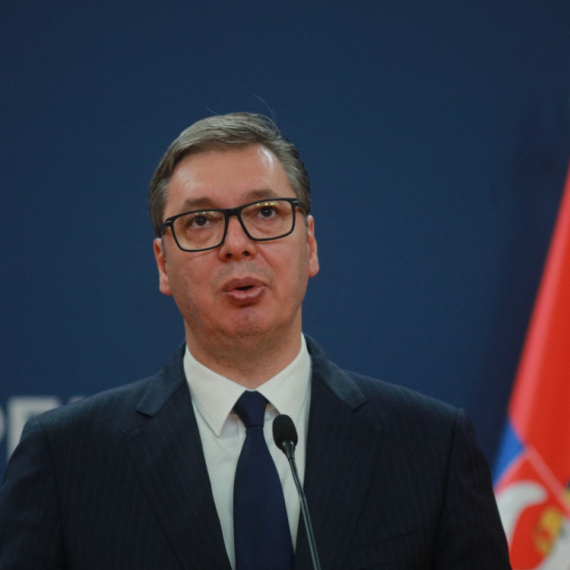


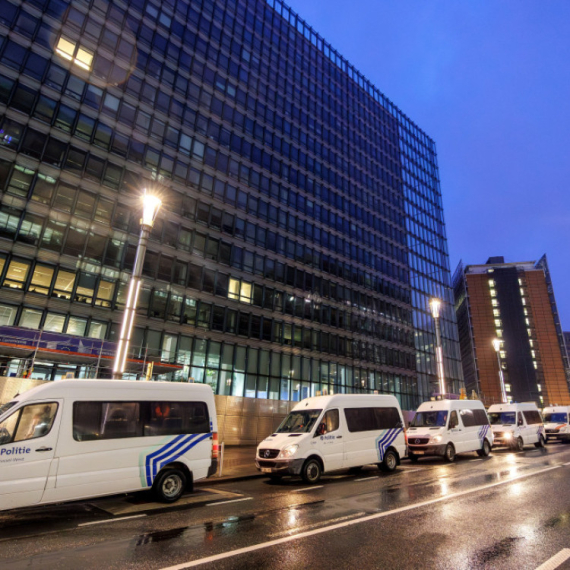

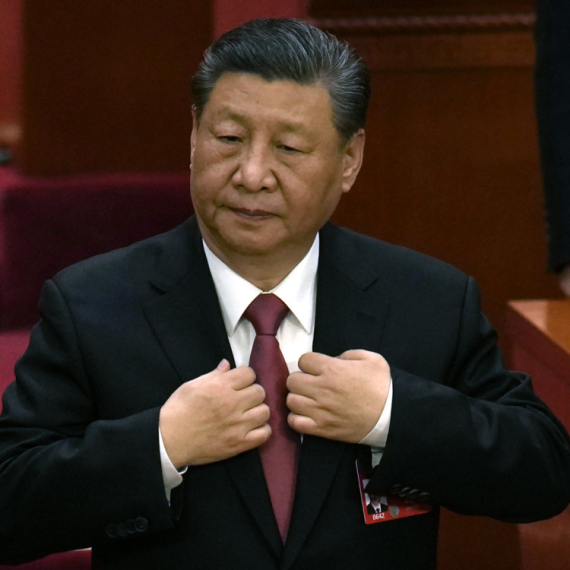
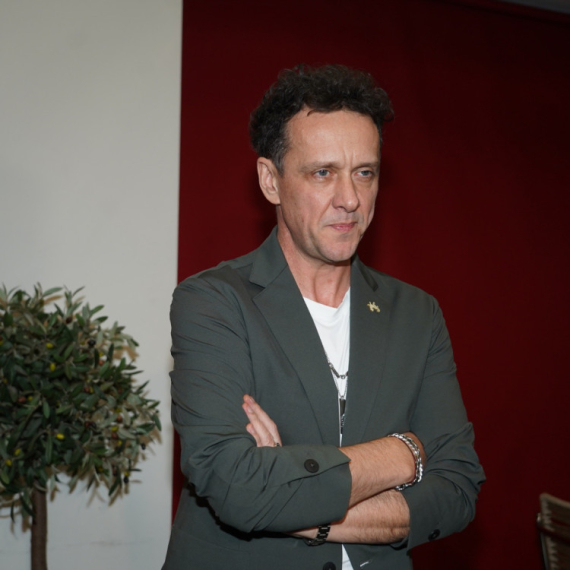

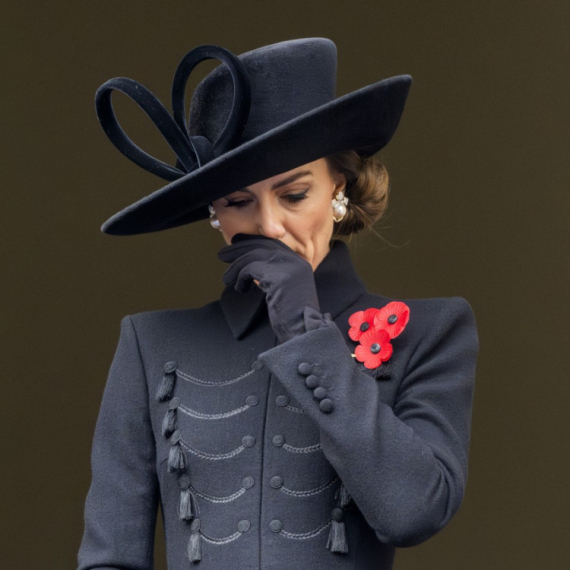




















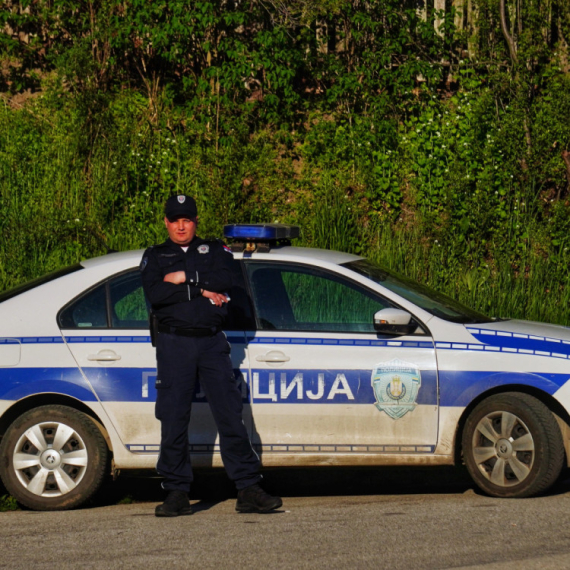
















Komentari 0